
6 bad habits when washing dishes, if you continue, don't ask why your health will decline
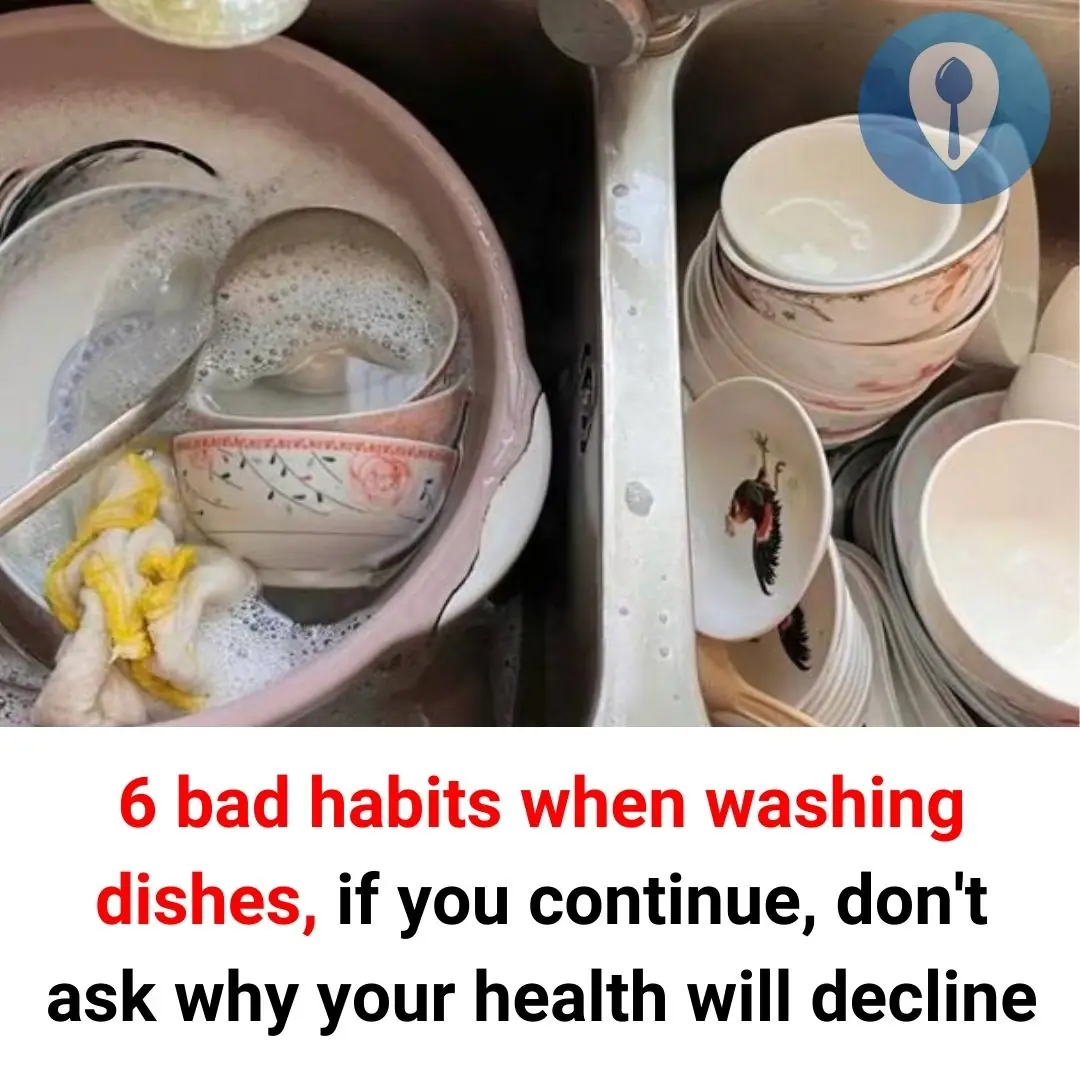
Washing dishes properly will help you protect your health and your family's.
Nowadays, everyone cares about their health through their diet, but few people realize that the dishes used to hold food are equally important. "Diseases come from the mouth" - this familiar saying is not only related to food, but also to the hygiene of dishes. Washing dishes seems like a small daily task, but if done incorrectly, you can accidentally bring disaster to your whole family.
1. Overusing dishwashing liquid
Many people think that the more dishwashing liquid they pour, the cleaner the dishes will be. But this is a fatal mistake!
When used too much, dishwashing liquid can easily leave chemical residue on the surface of dishes if not rinsed off. These substances can mix with food, accumulate in the body, harm the digestive system or even lead to long-term health problems such as endocrine disorders.
Solution: Use just enough dishwashing liquid according to the dirtiness of the dishes, then rinse thoroughly with clean water several times to completely remove the residue.
2. Saving too much water when washing
To save money, many people only use a small basin of water: the first time to wash the grease, the second time to rinse with clean water. Although this method is "green" in terms of water, it is "black" in terms of health!
Less water causes the dishwashing liquid to not be diluted and rinsed thoroughly, leaving chemicals on the dishes. Over time, you may accidentally "eat" these toxic substances every day.
Solution: Increase the amount of water just enough to rinse the dishwashing liquid, choose a type of dishwashing liquid that is easy to dissolve, and arrange the dishes from less dirty to more dirty to save money while still being safe.
3. Soaking dishes for too long without washing
Many people like to soak dishes in water to "make washing easier", but this is a "paradise" for bacteria to grow.
Warm, moist water is the ideal condition for bacteria to multiply in just a few hours. Research shows that dishes soaked for more than 10 hours can contain millions of bacteria - which can easily "follow" food into your body.
Solution: Wash dishes immediately after use, or if you have to soak them, do not leave them for more than 1-2 hours and change the water regularly.
4. Using the same dishcloth over and over
Some families use the same dishcloth until it is torn, but do you know how dangerous this is?
Damp, food-stained and greasy rags are where bacteria "settle". One study found that an old rag can contain up to billions of bacteria, including E. coli or Staphylococcus - "killers" that cause intestinal diseases.
Solution: Replace dishcloths once a month, wash and dry after each use, or use several in rotation to ensure hygiene.
5. Moldy wooden chopsticks still used
Many people just wash moldy wooden chopsticks with hot water or dry them in the sun and then use them again, thinking that it's okay. But the truth is not that simple!
Mold on wooden chopsticks can contain aflatoxin - a class 1 carcinogen according to WHO - along with bacteria such as H. pylori. These substances are not easily destroyed by conventional methods and can cause serious harm if accumulated for a long time.
Solution: Replace wooden chopsticks every 3-6 months, keep them dry after washing, and choose high-quality chopsticks to limit mold.
6. Not disinfecting dishes after washing
Many people think that shiny dishes are clean enough, but bacteria are not as "gentle" as you think!
Dishwashing liquid only removes grease, but bacteria can still survive and multiply on moist surfaces. When reused, they can easily enter the body through food, causing diseases ranging from mild diseases such as diarrhea to more severe diseases such as chronic infections.
Solution: Sterilize dishes regularly with boiling water, a sterilizer, or a drying cabinet. Rinse every nook and cranny and dry thoroughly before storing.
News in the same category

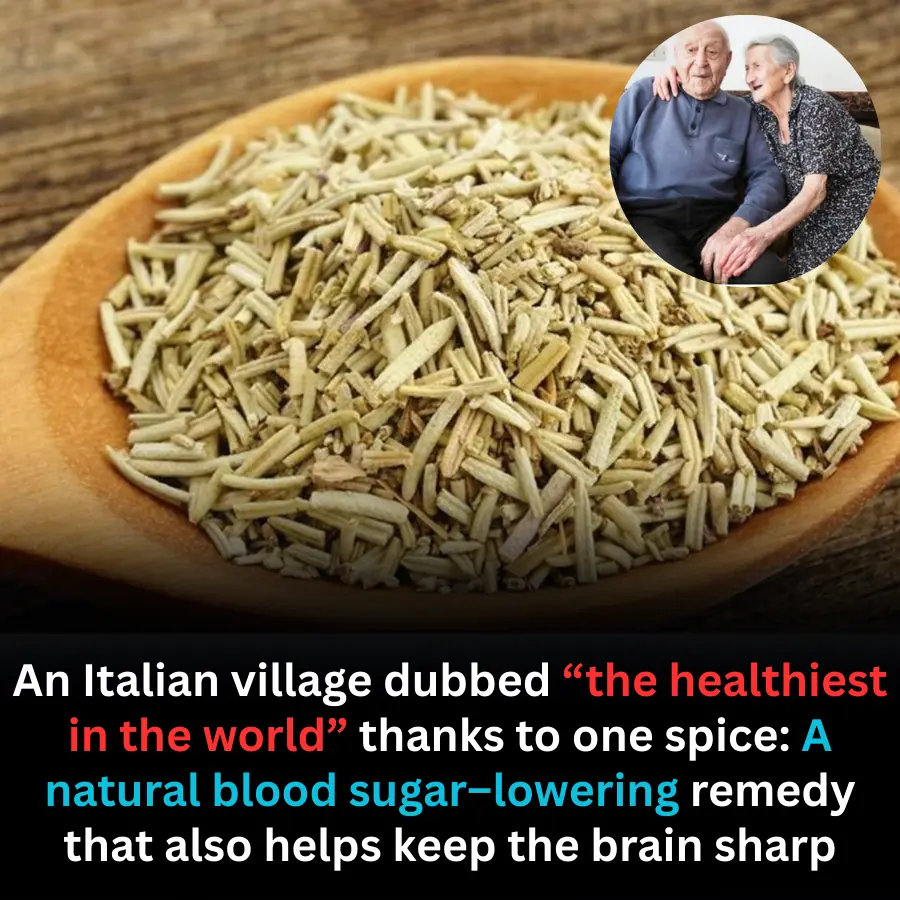
The Italian Village Known as “The Healthiest in the World” — Thanks to One Everyday Spice

Green or Orange Dot on Your Phone? Experts Warn It Could Be a Privacy Alert

To know if your internal o.r.gans are infected, just look at your feet. If there are 3 signs, you need to go to the emergency room

Health Warning: Never Do This While Showering — It Can Be Far More Dangerous Than You Thin
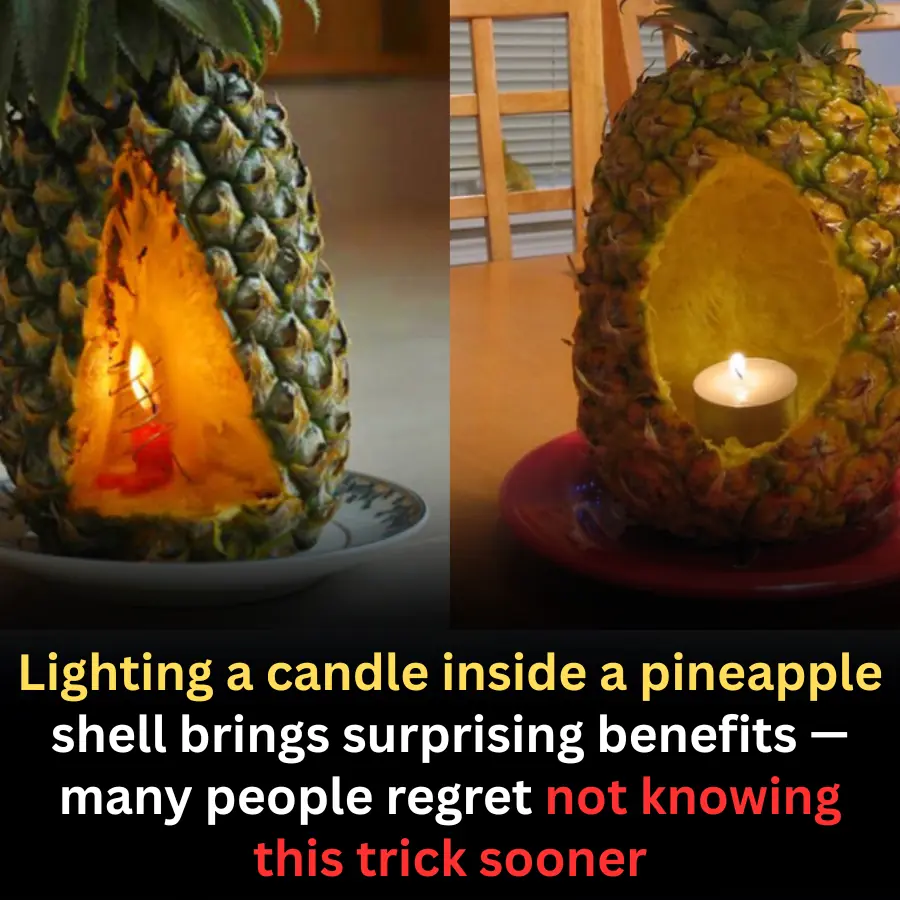
A Simple Home Hack: Light a Candle in a Pineapple Shell and Enjoy Unexpected Benefits

Food Safety Warning: 3 Types of Tofu You Should Never Buy, Even at a Bargain Price

Why people with green eyes are so fascinating?

Why you shouldn’t build a toilet under the stairs?

Why you should leave the bathroom light on when staying in a hotel or motel?
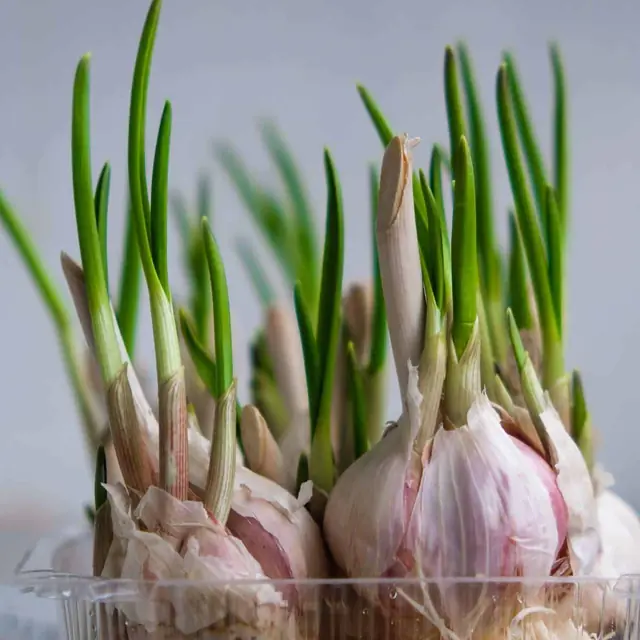
If These 4 Foods at Home Start Sprouting, Don’t Throw Them Away: They’re Not To.xic—They’re Even More Nutritious!
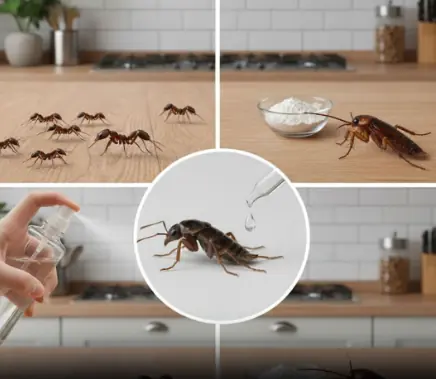
Goodbye fleas, ants, and cockroaches with this home remedy

Turns out this is what costs us more electricity than anything else

Try picking a few plants from this list and see what good things come your way!

Clothes come out of the wash wrinkled? Add this cheap item to the washing machine—laundry comes out smooth and fresh
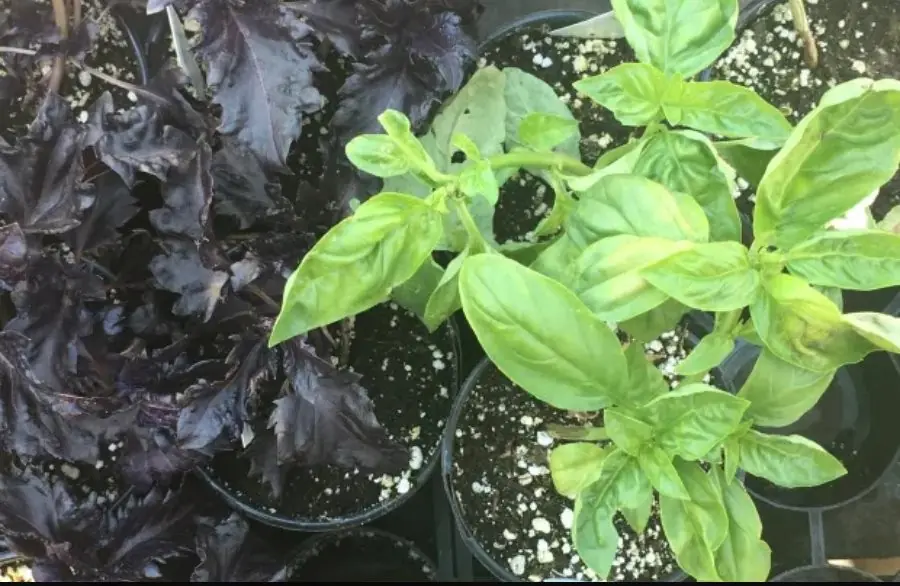
This vegetable is not only a familiar spice but also a valuable medicine

4 Types of Drinks You Should NEVER Put in a Thermal Flask

Why do dogs react aggressively to some but stay calm with others? There’s always an explanation

Smart travelers always turn on the bathroom light when staying overnight in a hotel — here’s why
News Post
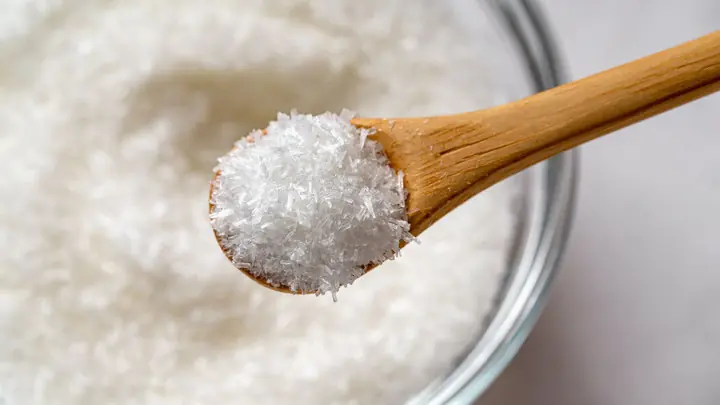
Eating MSG (Monosodium Glutamate) Can Be Harmful for These 3 Groups of People

Cream-Filled Brioche French Toast with Berries

Breakfast Croissant Sandwich with Bacon & Scrambled Eggs

Pan-Seared Filet Mignon with Creamy Pepper Sauce
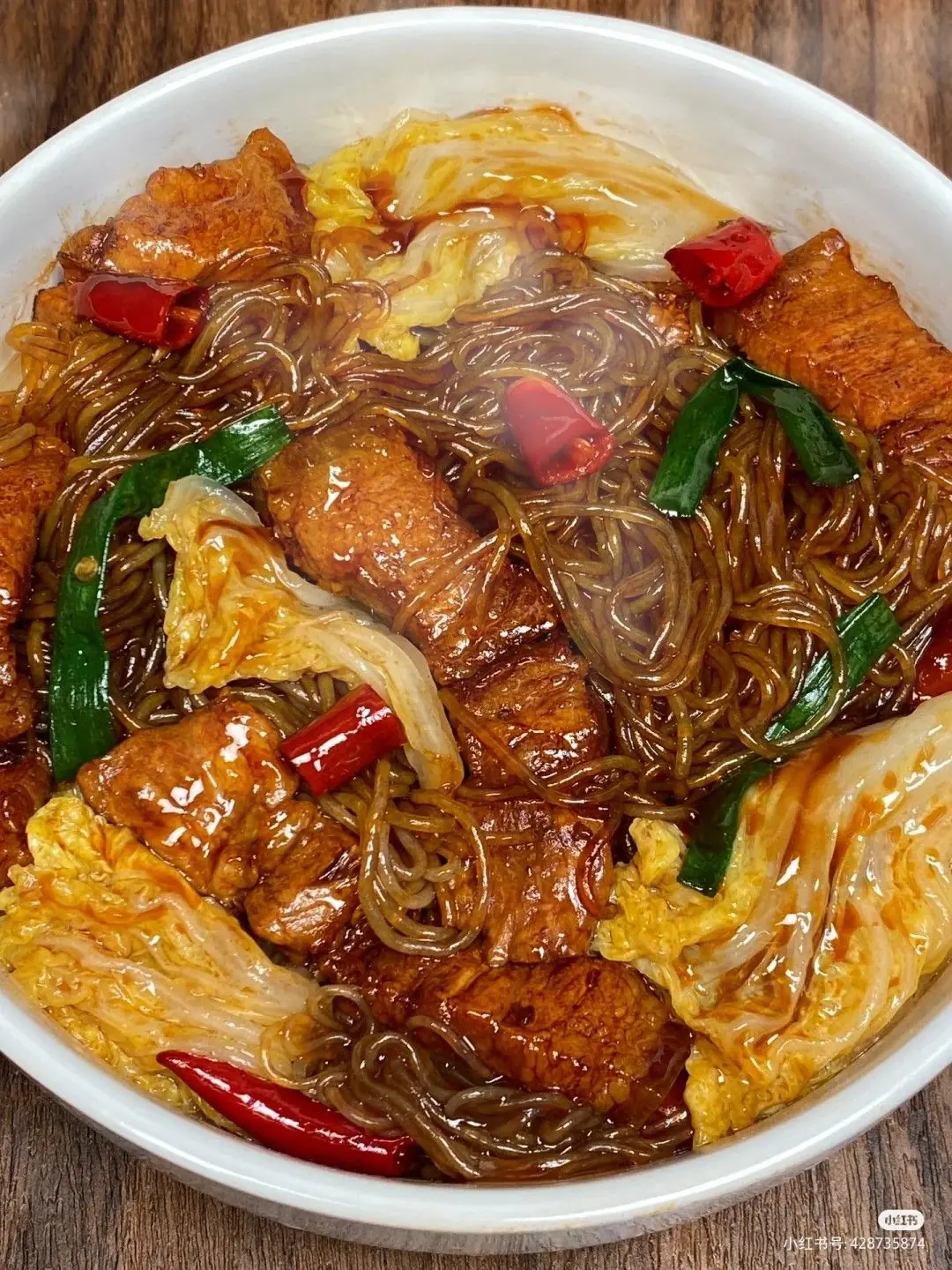
Braised Glass Noodles with Tofu & Napa Cabbage
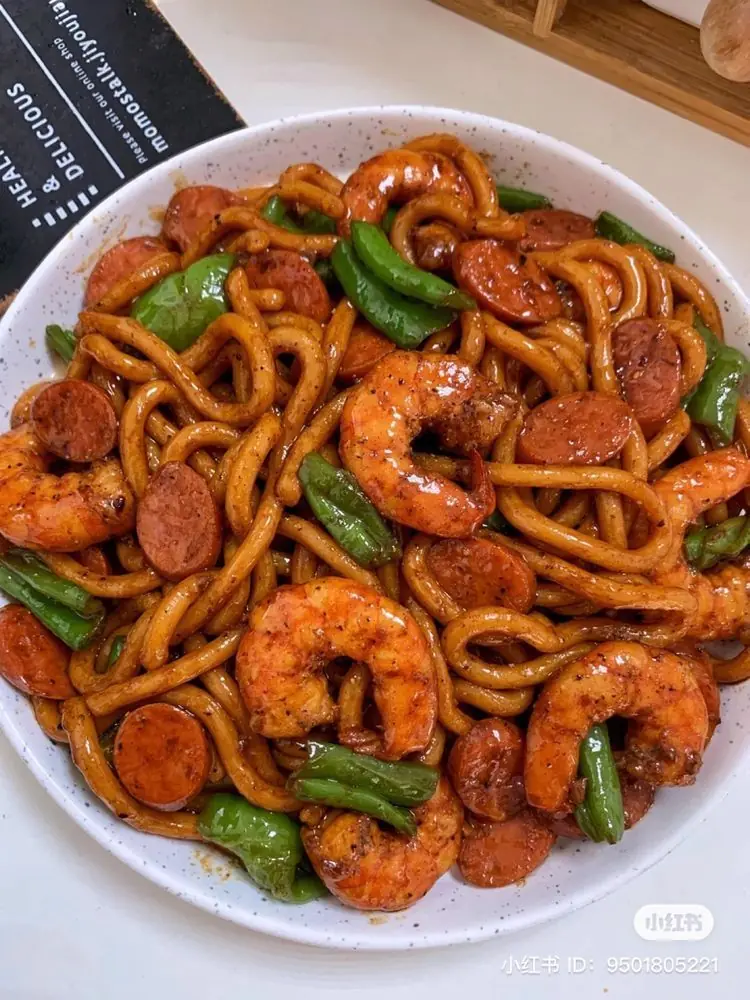
Shrimp Stir-Fried Noodles (Asian-Style)

Is showering at night better for your health? What science and experts say?

Drinking Water This Way Can Dam.age Your Kid.neys and Harm Your Li.ver — Many People Still Think It’s Good
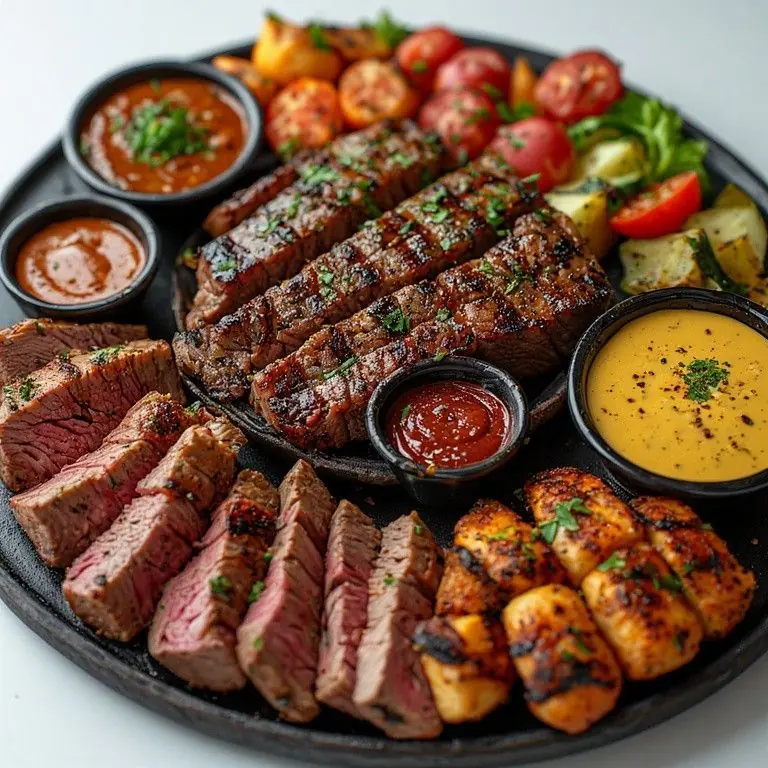
Mixed Grilled Steak Platter with Sauces
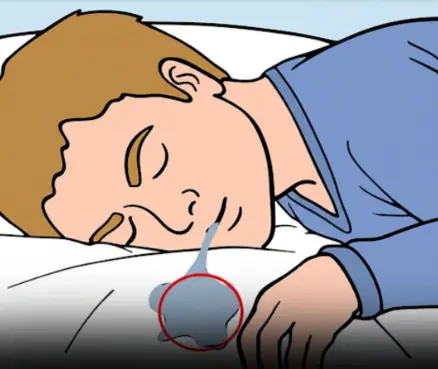
If you drool while sleeping often, check for these 6 diseases
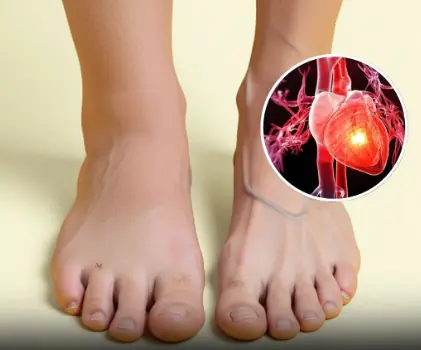
One Month Before A Heart Attack, Your Body Will Warn You Of These 7 Signs

5 foods you should never keep overnight

The Vegetable That Helps Reduce Sugar in The Body. It is Diabetes’ Strong Opponent
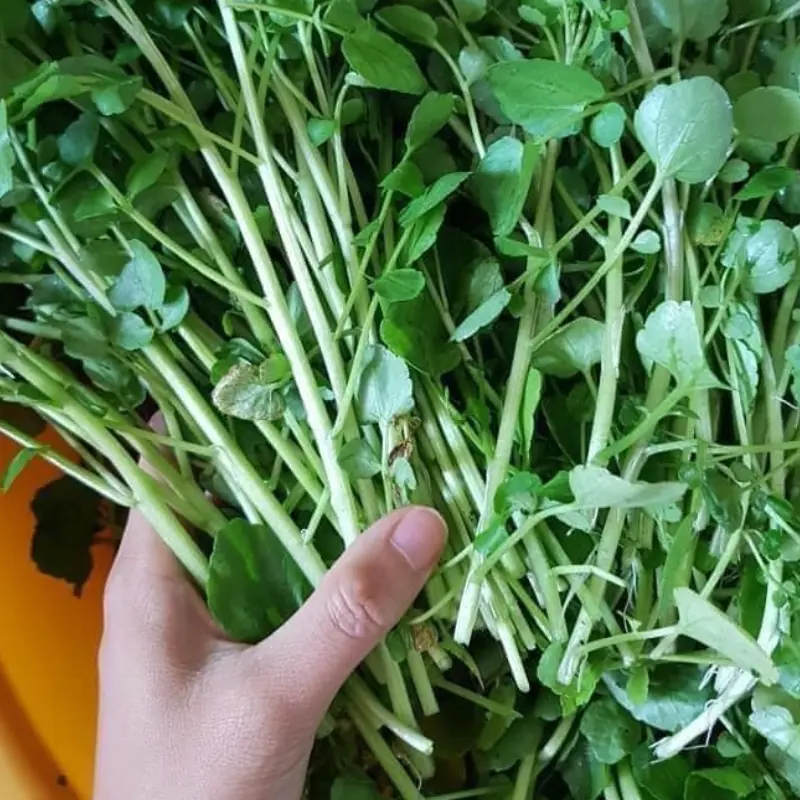
The World Is Buzzing About a Vegetable Said to Fight Can.cer Better Than Drugs

All The Things You Need to Know About Nighttime Urination And When To Start Worrying

A Sore Throat Checkup Revealed End-Stage Sto.mach Can.cer: An Angry Man Threw Two “Culprits” From His Kitchen Into the Street
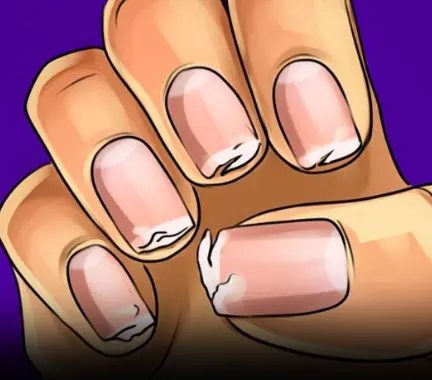
You Should Never Ignore These 9 Things Your Fingernails Reveal About Your Health

A 6-year-old boy diagnosed with late-stage canc3r, his father regrets after doctors reveal the cause linked to a popular type of beverage

A 40-Year-Old Man Died from a Sore Throat After 7 Rounds of Chemotherapy – Doctors Urgently Warn
